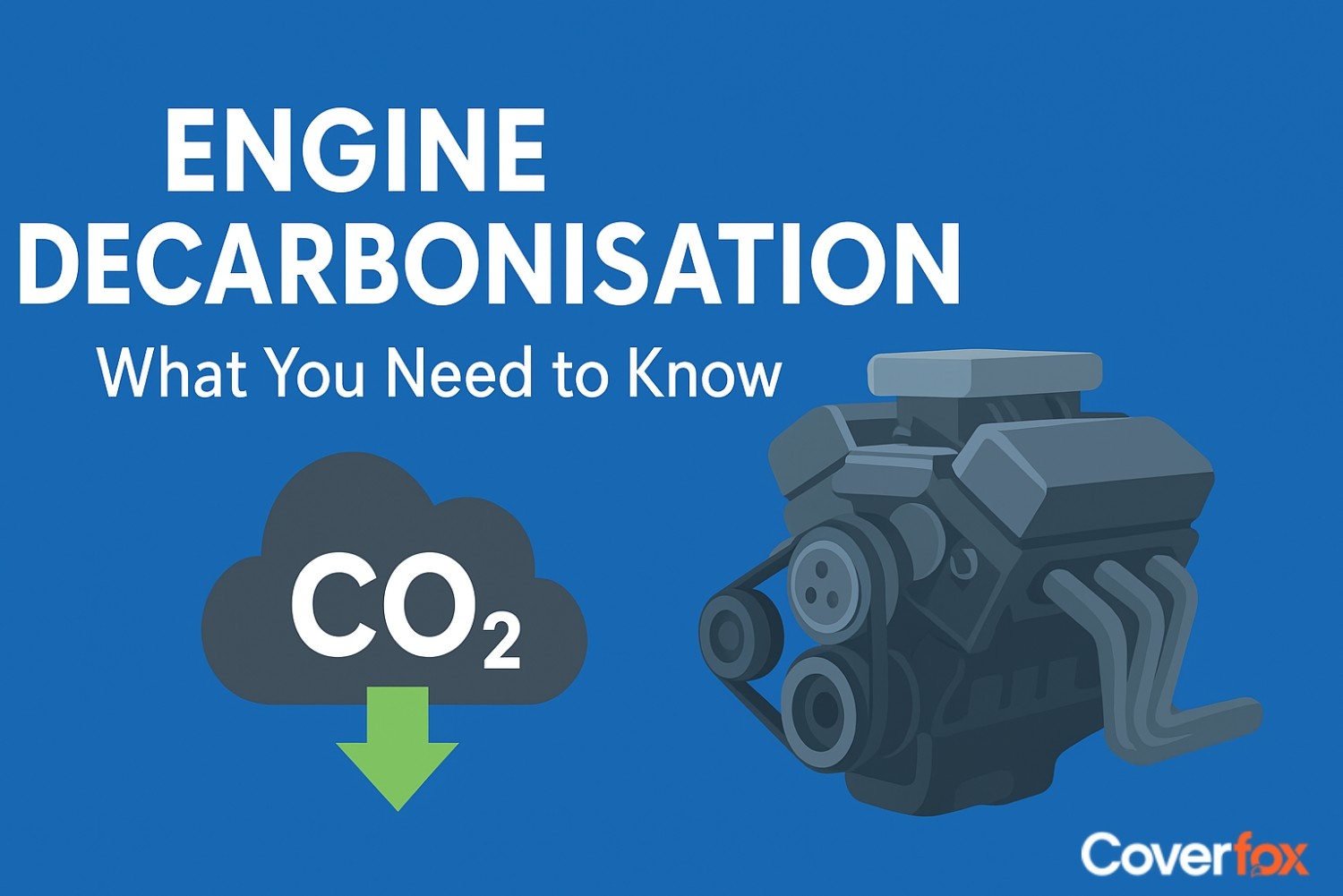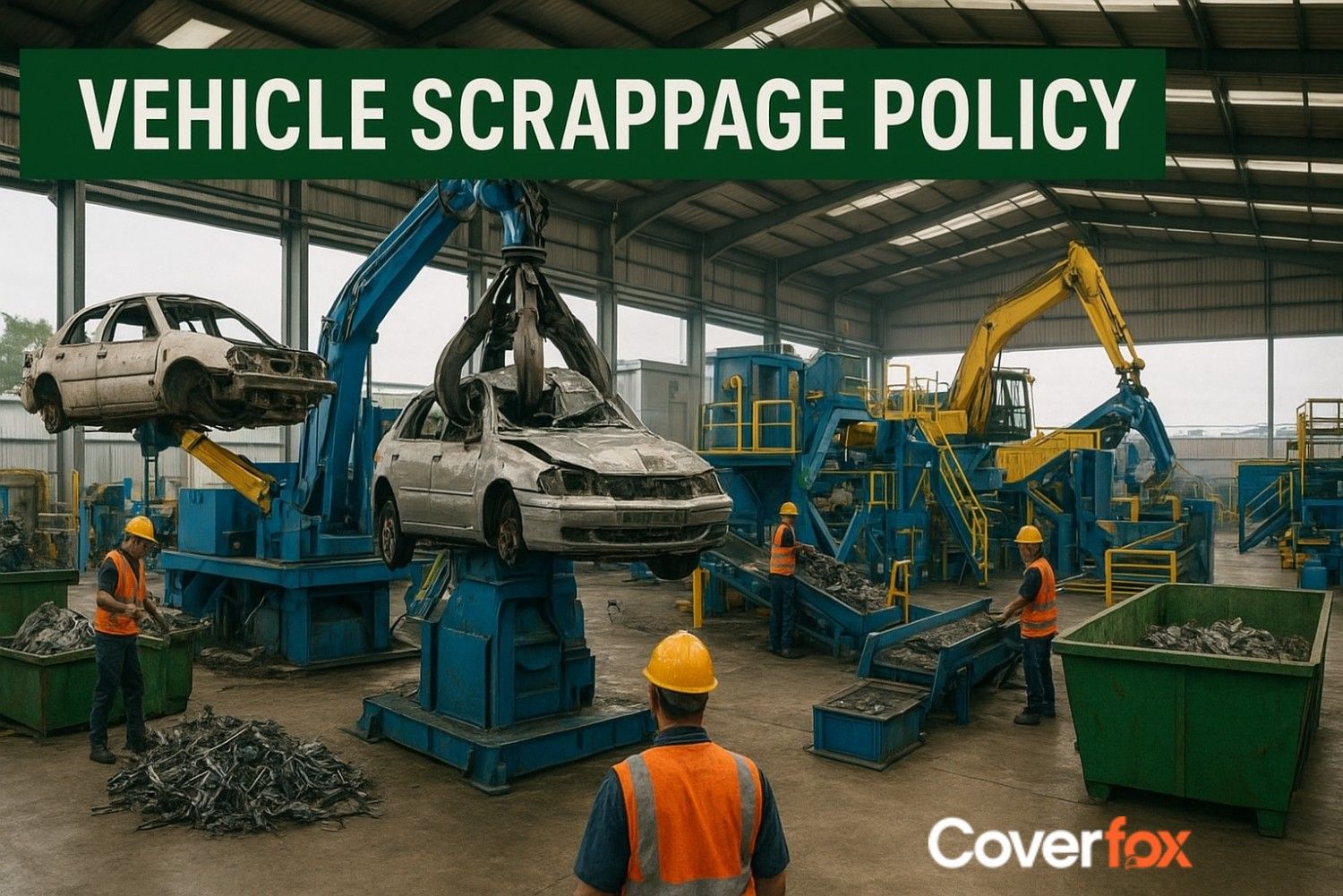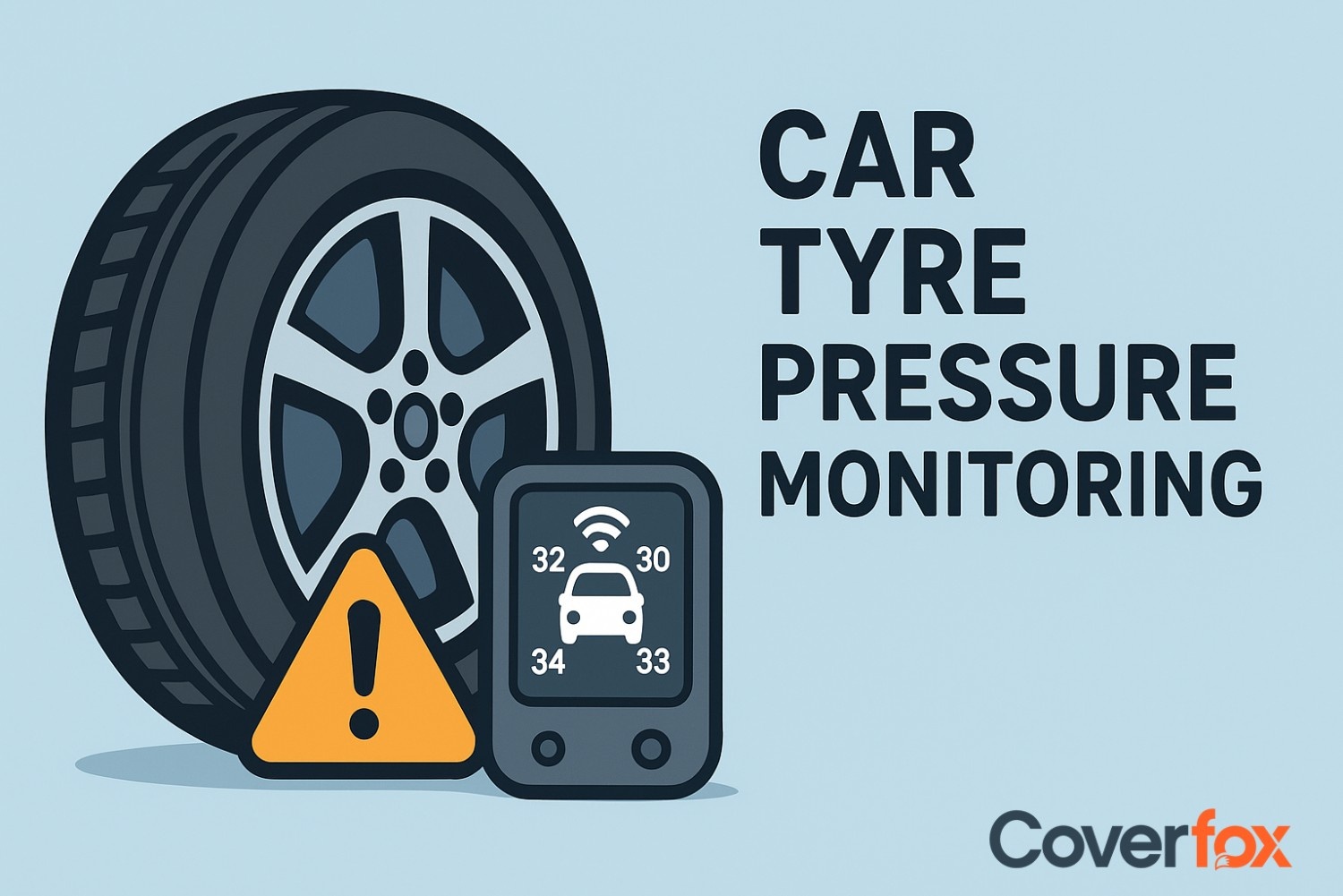Motor insurance is mandatory for all vehicles in India under the Motor Vehicles Act 1988. The motor insurance policy gives financial protection against accidents, theft, or damage caused to the car and any third-party liabilities.

What is Motor Insurance?
Motor insurance (Also known as auto/vehicle insurance) is a financial safeguard agreement that provides protection against physical damage, theft, and third-party liabilities arising from accidents involving motor vehicles. It is legally mandated in India under the Motor Vehicles Act, 1988, ensuring that all road users are financially protected in case of accidents or injuries. It has been given a status of “priority” insurance by the government. The Indian government treats motor insurance as a social and legal necessity, not just a personal choice. It has:
- Standardised premiums for third-party insurance through IRDAI
- Created Insurance Information Bureaus to track claims
- Allowed e-challans and digital insurance verification for enforcement
Types of Motor Insurance in India
The different types of motor insurance in India can be separated by the purpose of use and type of vehicles. These different types of motor insurance are:
- Private Vehicle Insurance
This type of motor insurance is available for personal car owners. A third-party motor insurance is mandatory by law, as mentioned earlier, for private vehicles. Comprehensive private car or bike insurance protects the vehicle from thefts, natural disasters, man-made hazards, and any damage caused by accident (Third-party and Own-Damage).
- Commercial Vehicle Insurance
This type of motor insurance is available for commercial vehicles like buses, trucks, cabs, rickshaws, taxis, etc. It offers coverage for vehicle damage, driver liabilities, and third-party losses.
- Two-wheeler insurance
This type of motor insurance is available for two-wheelers, like scooters, bikes, and mopeds. It offers coverage for third-party liabilities (mandatory) and own damage (optional) of the bike.
- Car Insurance
This type of motor insurance is available for four-wheelers, like cars, jeeps, SUVs, sedans, hatchbacks, etc. It offers third-party coverage, which is mandatory and comprehensive coverage that covers both third-party and own damage.
- Electric Vehicle Insurance
This type of motor insurance is available for electric vehicles, including e-bikes and four-wheeler EVs, and is sold under two-wheeler and four-wheeler insurance, respectively.
Types of Motor Insurance Coverage in India
Let's understand the various motor insurance policies available in India and their benefits so that you can choose the best one.
1. Third Party Liability Insurance
This is the most basic and mandatory policy for all vehicles in India. It covers:
Third-party damages or injuries to people's properties.
Does not cover your own vehicle damage.
Important for small-budget car owners, who meet the minimum legal requirements.
2. Comprehensive Motor Insurance
Comprehensive insurance covers your vehicle in every way, which basically means:
Damage to your vehicle due to accidents, theft, fire, or natural disasters
Third-party liabilities and man-made disaster such as riots
It is recommended for those who seek overall protection, though the premium would be more.
3. Own Damage Insurance
Designed for owners with third-party coverage who want to safeguard their vehicle against:
Accidental damages.
Natural disasters like floods or earthquakes.
Theft or vandalism.
4. Pay-As-You-Drive Insurance
This new policy works on the principle of pricing the premium of a vehicle on its usage. Features include:
Low premiums for less usage.
Tracking of kilometers in real time.
Best suited for owners who do not drive much.
Extra Add-Ons Available for Motor Insurance Policies
Get more security to your policy by adding add-ons like,
Zero Depreciation Cover: Claim without applying depreciation amount.
Engine Protection Cover: Covers damages resulting from floods or accidents.
Roadside Assistance: Emergency help during breakdowns.
- Return to Invoice Cover: Pays the original invoice value in case of total loss or theft.
- NCB Protection: Keeps your No Claim Bonus intact even after a claim.
- Consumables Cover: Covers the costs of engine oil, nuts, bolts, and other consumables during repairs.
- PA Cover for Passengers: Provides accident coverage to passengers in your vehicle.
- Key Replacement Cover: Pays for lost or stolen keys and lock reprogramming.
- Tyre Protection Cover: Covers tyre damage from cuts, bursts, or road impact.
Advantages of Motor Insurance
Motor Insurance is necessary for legal compliance, but if you opt for comprehensive cover, you can also get cover for a wide range of damages, and would save on repairs effectively. The benefits of motor insurance include:
Financial Security: Covers costs involved in repairing accident-caused damage, theft, or disasters.
Legal Compliance: Satisfies legal requirements.
Personalization Options: Tailor policies with add-ons for personalized protection.
What Does Motor Insurance Cover?
It is important to understand what things will be covered under a motor insurance policy. Comprehensive motor insurance includes coverage for:
- Damage caused by accidents
- Theft or Man-made Hazards
- Damage Done Due to Natural Hazards
- Personal Accident Cover
- Liability for third-party property or personal injury.
How to Choose the Right Type of Motor Insurance Policy?
Motor insurance is expensive – this is a myth. All you have to do is structure your motor insurance policy properly to help save on premium costs, and get the right type of motor insurance that will cover damages that your vehicle is susceptible to. Here are a few tips for choosing the right type of motor insurance policy:
- Select the type of motor insurance as per your vehicle category
A two-wheeler insurance does not cover four-wheeler damage. If you own a car, you need to buy car insurance.
- Select the necessary add-ons only
Add-ons may look fancy, but you might not need all of them. For example, a person who drives alone most of the time does not require a passenger cover. So, select only those add-ons that you require, as they can add to the premium price.
- Opt for longer-term motor insurance
Getting multi-year or long-term motor insurance gives you a heavy discount on the premium price.
- Opt for Higher voluntary deductibles
If you choose higher voluntary deductibles (the price you will pay out of pocket before using insurance), you will lower your insurance premiums.
- Compare polices on Coverfox
Different insurers have different premium rates. Select the best insurer as per your needs, that fits your budget and protection needs.
- Look for NCBs and Discounts
Maintaining NCBs is very beneficial for the policyholder. It fetches you discounts on renewals of motor insurance. Also, look out for direct or festive discounts for lowering premium rates.
Summing Up
Choose the right motor/car insurance according to your pocket, usage, and requirements for coverage. Third party itself will suffice to fulfill the legal process, but full and own damage insurance will provide the maximum benefit. Add-ons such as pay-as-you-drive cover maximum benefit and safety.
Also Read:
Is high IDV better in car insurance?
Compulsory and Voluntary Excess in Motor Insurance
Is everything covered under bumper to bumper insurance
Frequently Asked Questions
Which type of vehicle insurance is best?
The type of vehicle insurance depends on your vehicle category; however, a comprehensive coverage plan is considered the best insurance policy as it covers all types of protection.
Which type of motor insurance is mandatory in India?
A third-party motor insurance is mandatory in India.
What are the different types of motor insurance claims?
Motor insurance claims are of two types- cashless claims and reimbursement claims.
Why is it important to buy motor insurance?
Firstly, to be legally compliant with the law to be able to drive on public roads, and secondly, to ensure financial security in case your vehicle is damaged or totaled.
Is it necessary to buy add-ons with a comprehensive motor insurance policy?
Although not necessary, some add-ons like zero-depreciation cover or engine protection cover will be beneficial for your vehicle in the long run.





